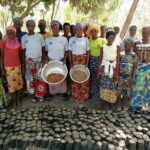


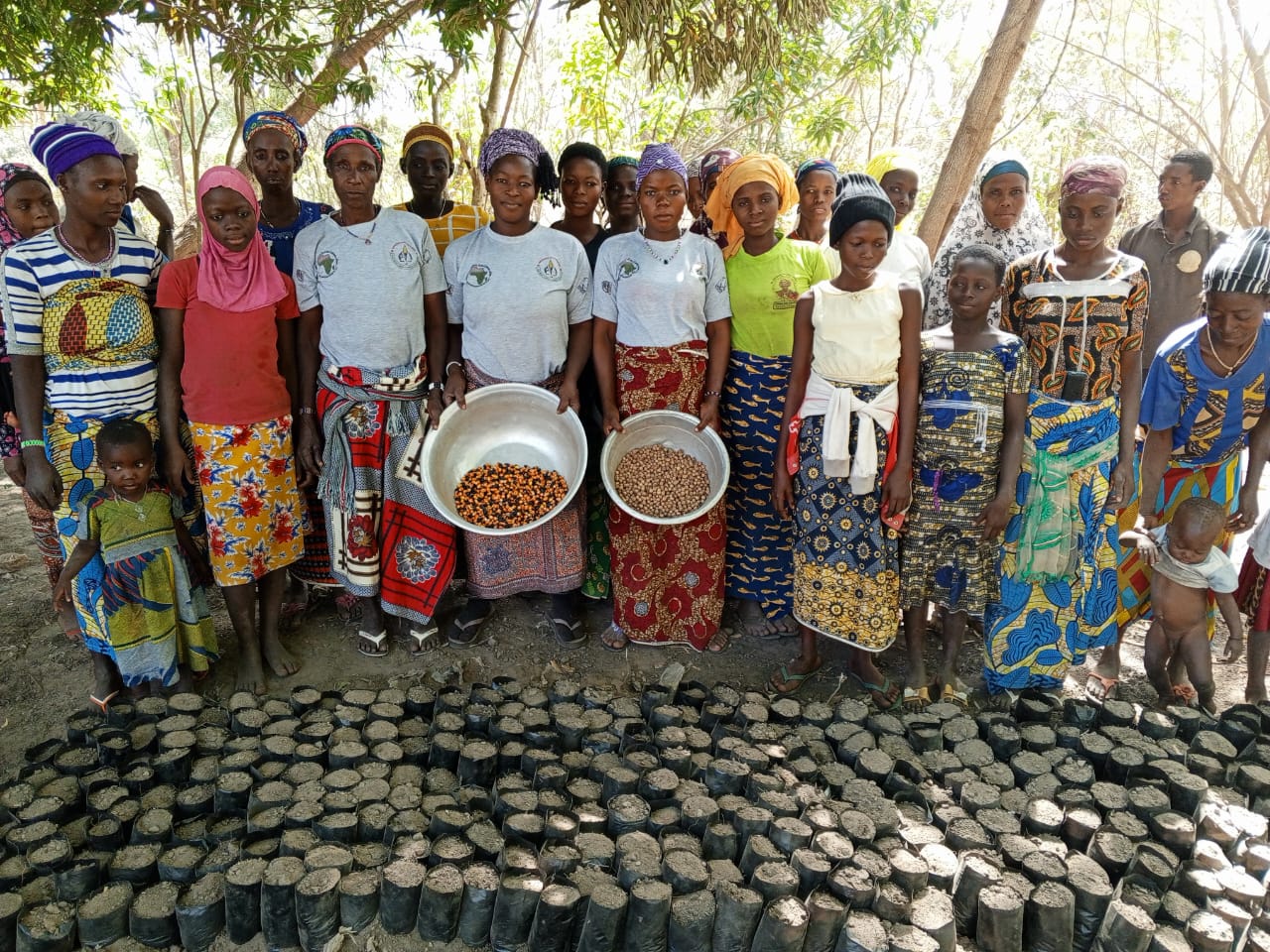
From December 23rd to 25th, 2022, we carried out two major activities. The first activity involved weeding and creating firebreaks around the seedlings that we planted in August in five target villages of our Project. After collecting all the seeds from the local communities, the second activity involved setting up nurseries in these villages. In total, 4000 pots were filled by seventy women and ten men. The project also provided these dedicated women and men who support the project with the necessary equipment the nuseries care
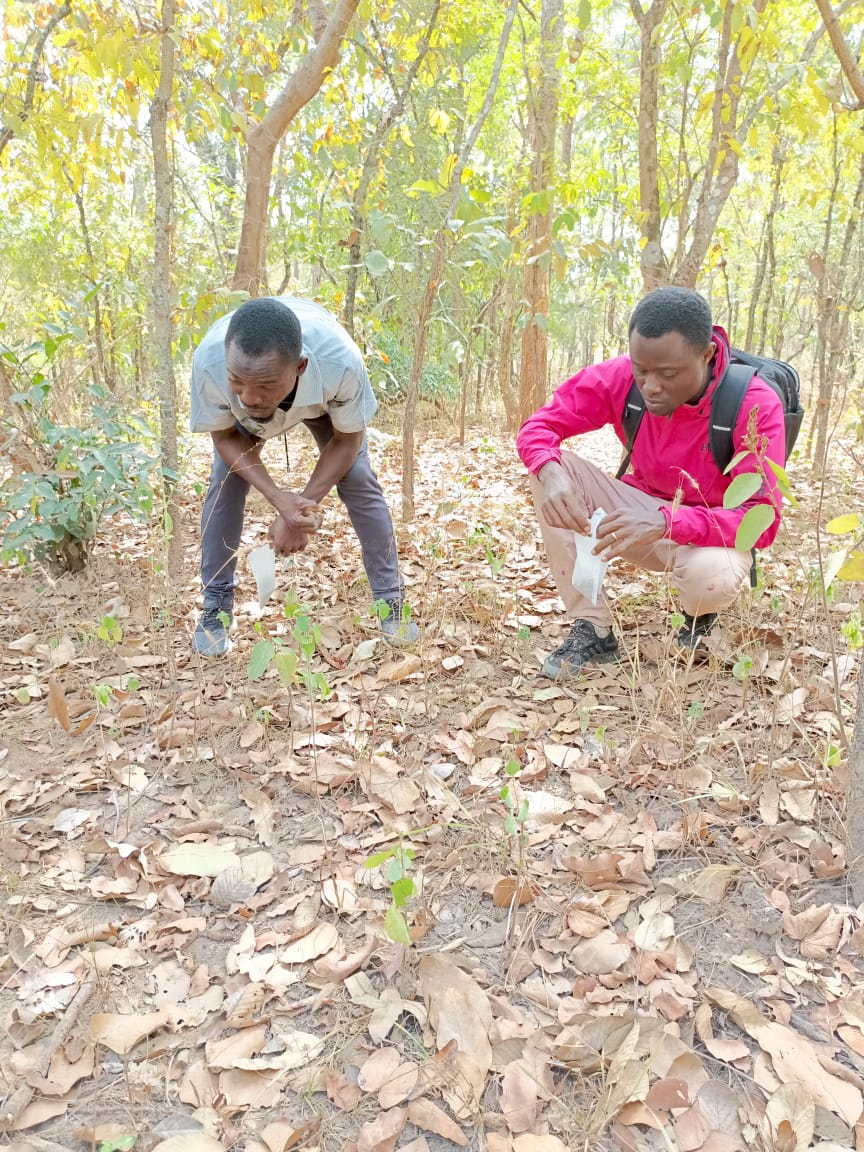
A team of Fungal Conservation in Sub-Saharan Africa, Darwin main project 30-020 (FC-SSA), composed of Dramani Ramdan, Wilfrid Adjimoti and Kachirou Abalo carried out an exploratory field activity in the Okpara forest this Friday, December 14th, 2023. This mission was part of the execution of third quarter activities of FC-SSA Project and aimed to collect forest seeds. A total of 238 Monotes kerstingii seeds and 23 Isoberlinia doka seeds were collected. Similar activity had already been organized by the team in November and recorded a collection of 508 seeds of Isoberlinia doka and 21 seeds of Monotes kerstingii
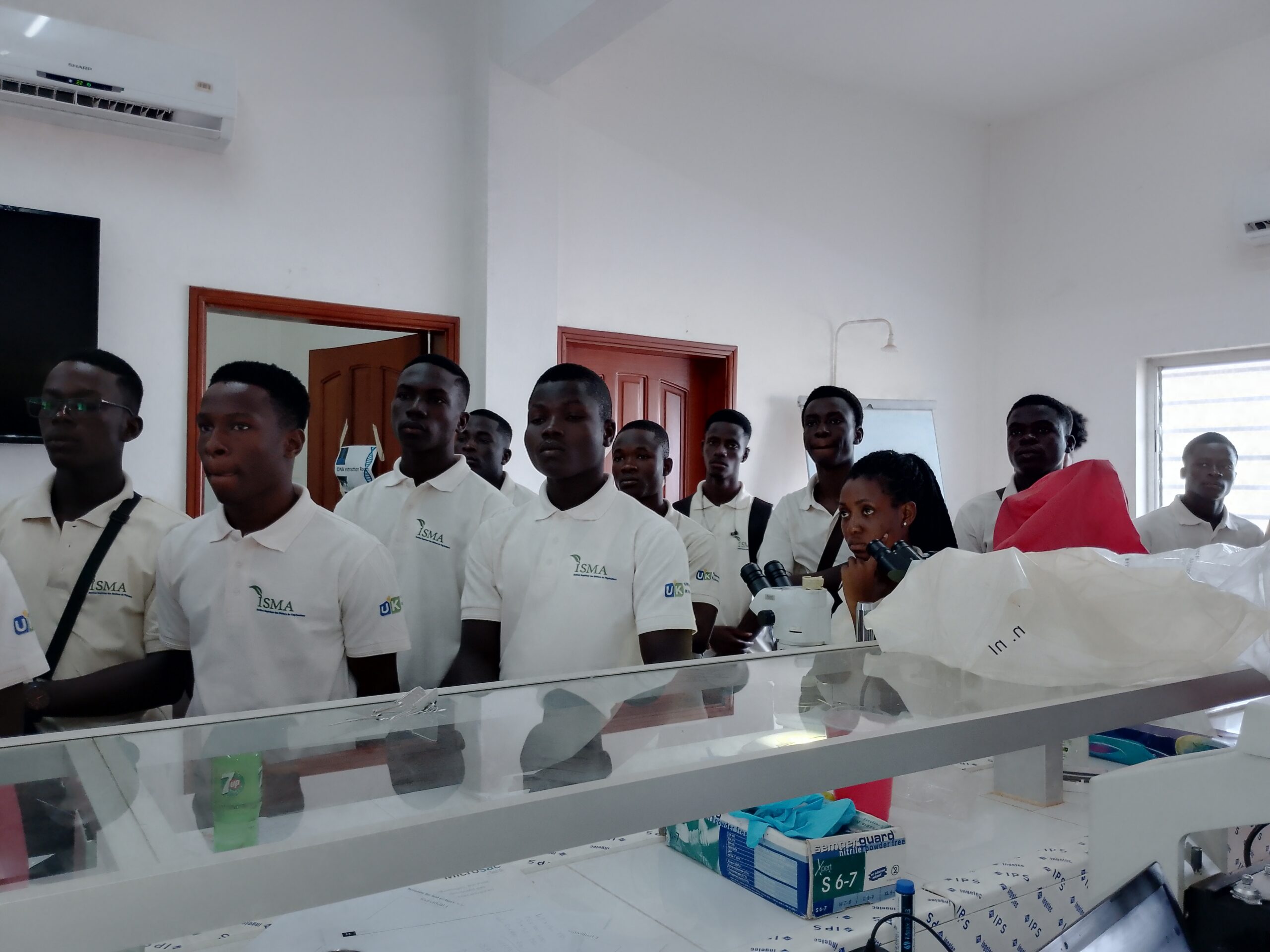
On the morning of Tuesday, November 30th, 2023, the Tropical Mycology and Plants-Soils-Fungi Interactions (MyTIPS) research unit received students from the University of Kara (Republic of Togo). The purpose of this visit was to showcase the diverse activities and research carried out by the research unit. During their visit, the students attended several presentations, including a brief introduction of FC-SSA Project. After the presentations, the students also had the opportunity to visite the various equipment and technologies utilized by the research unit. This allowed them to better understand the unit’s areas of focus which span tropical mycology as well as plant-soil-fungi interactions. Overall, the visit served as a valuable chance for the next generation of fungal researchers from the University of Kara to learn about the cutting-edge work being done by the MyTIPS unit. It also opened up potential avenues for future research collaborations between the University and the unit.